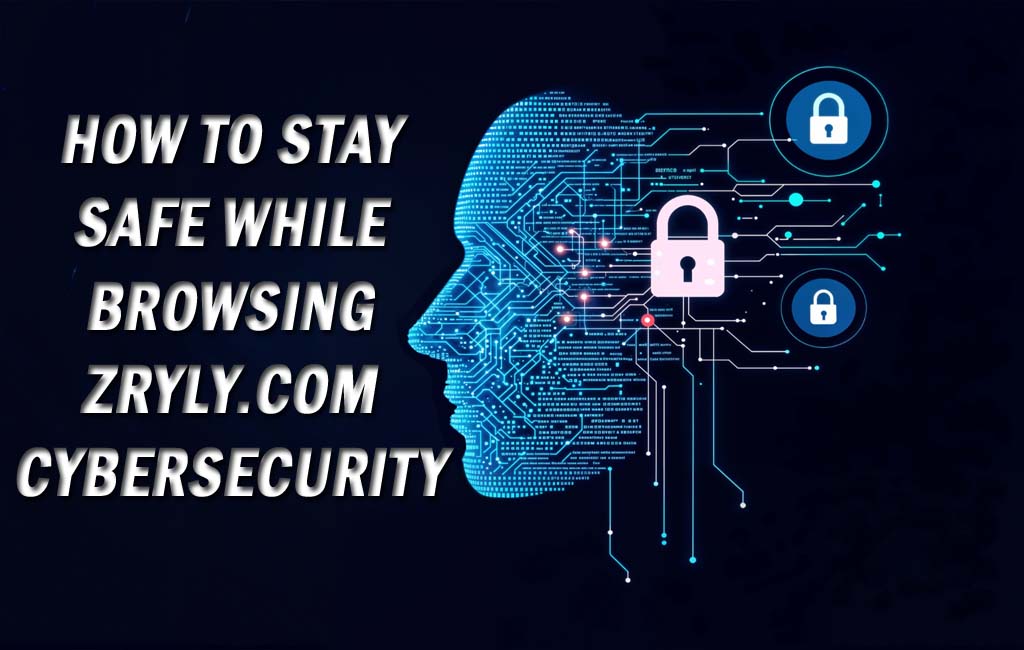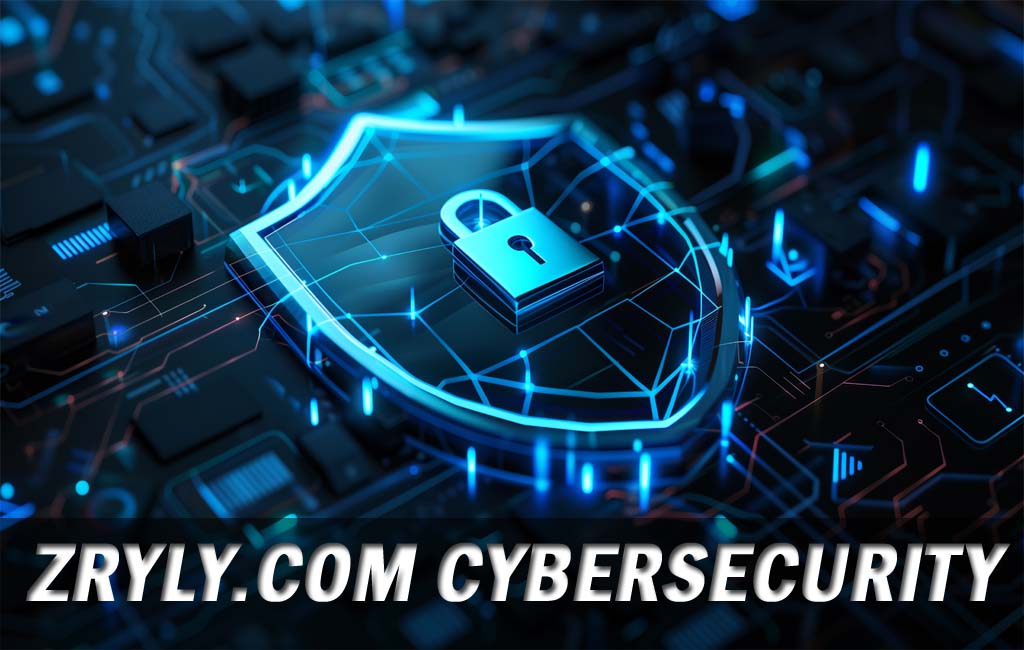What Is Zryly.com?
Zryly.com is a relatively obscure website that has caught the attention of online communities due to its ambiguous purpose and lack of branding. Unlike established platforms with clear functionality and contact details, Zryly operates under a digital shroud, offering limited information about its services, owners, or users. This alone makes it a subject of cybersecurity interest, especially for users who prioritize online safety.
Why Cybersecurity Matters for Sites Like Zryly
Cybersecurity is more than just installing antivirus software—it’s a proactive approach to prevent identity theft, scams, data leaks, and malware infections. Websites that don’t follow transparent protocols or offer secure access could unknowingly (or intentionally) put users at risk. That’s why platforms like zryly.com need to be examined closely. Before interacting with such sites, it’s crucial to evaluate their cybersecurity practices.
Initial Security Indicators
SSL Certificate Check
Zryly.com appears to have a valid SSL certificate, which ensures encrypted communication between your browser and the server. This is the first line of defense against data interception. However, while SSL is a baseline requirement for modern websites, it’s far from the full picture in determining site safety.
Phishing and Malware Status
According to third-party scanners, zryly.com does not appear to host malware or known phishing schemes. Tools like VirusTotal or Google Safe Browsing show no major flags. Still, the absence of immediate threats doesn’t guarantee long-term safety, especially for a domain that lacks transparency.
Transparency and Ownership Concerns
WHOIS Data Review
A WHOIS lookup reveals that zryly.com is registered using privacy protection services. While many legitimate sites do this to avoid spam, the lack of a public company name or contact address adds a layer of suspicion. For users, this means there’s no direct way to verify the legitimacy or reach out for support if issues arise.
Missing Legal and Privacy Documentation
Another red flag is the absence of any privacy policy, cookie notice, or terms of service on zryly.com. Any website collecting data, especially in regions governed by GDPR or CCPA, is required to disclose how that data is stored and used. Zryly’s failure to do this indicates poor cybersecurity hygiene and possible regulatory non-compliance.
HTTPS Coverage
Some cybersecurity watchers have reported that while the homepage of zryly.com is secure (HTTPS), not all internal pages use the same level of encryption. This inconsistency can expose users to risks, particularly if sensitive information is submitted over insecure pages.
User Reports and Community Feedback
Scouring forums like Reddit and security blogs reveals that most users have little or no interaction with the site. A few reported slow load times, odd redirects, or unfamiliar pop-ups—all of which are signs that background tracking scripts or suspicious elements may be in play. Still, the lack of user engagement or reviews makes it hard to form a consensus.
How to Stay Safe While Browsing zryly.com cybersecurity

- Use a secure browser with tracker blockers and anti-phishing features enabled.
- Avoid inputting personal data unless the site is verified and encrypted end-to-end.
- Do not download files or click external links unless they are scanned with antivirus software.
- Install browser extensions that enforce HTTPS connections across all pages.
- Regularly monitor your system and personal accounts for any signs of intrusion.
While zryly.com does not currently appear to be malicious, the lack of basic user trust elements—like proper documentation, transparency, or a support channel—should make users cautious. Until the site builds a stronger digital reputation and security infrastructure, minimal interaction is advisable.
Cybersecurity Recommendations for All Users
Even if you’re just curious, clicking on an unverified link could compromise your device or expose your identity. Always follow these key principles:
- Verify domains before visiting unfamiliar websites.
- Use multi-factor authentication on all major accounts.
- Update your browser, antivirus, and operating system regularly.
- Check for secure HTTPS in the address bar—especially on login or checkout pages.
- Use VPNs when browsing public or untrusted networks.
Conclusion: Should You Trustzryly.com cybersecurity?
In conclusion, zryly.com cybersecurity raises more questions than it answers. While the site has a valid SSL certificate and is not flagged as dangerous by most online scanners, the absence of key security practices, transparency, and community feedback makes it less than trustworthy. It’s not necessarily harmful, but it’s also not safe enough to recommend without significant improvements.
Users are encouraged to exercise extreme caution, avoid sharing sensitive data, and monitor for updates if they choose to interact with the platform. In the evolving world of cybersecurity, it’s always better to assume the worst until proven otherwise.
Frequently Asked Questions About zryly.com Cybersecurity
1. Is zryly.com cybersecurity a safe website to use?
While zryly.com has an SSL certificate, the site lacks transparency and security documentation, which raises concerns about its overall safety.
2. Does zryly.com cybersecurity collect personal data?
There is no clear privacy policy on the website, so it’s uncertain how or if personal data is collected and stored. Caution is advised.
3. Can zryly.com be trusted for transactions or logins?
No. Zryly.com does not display any legal or trust seals, nor does it offer terms of service. Users should avoid submitting sensitive information.
4. How can I check if zryly.com is dangerous?
You can scan the site using tools like Google Safe Browsing, VirusTotal, or other online cybersecurity scanners for malware or phishing activity.
5. What steps should I take before using unfamiliar websites?
Always verify SSL, check for a privacy policy, avoid sharing personal details, and use browser security tools or VPNs for added protection.
Read More:
